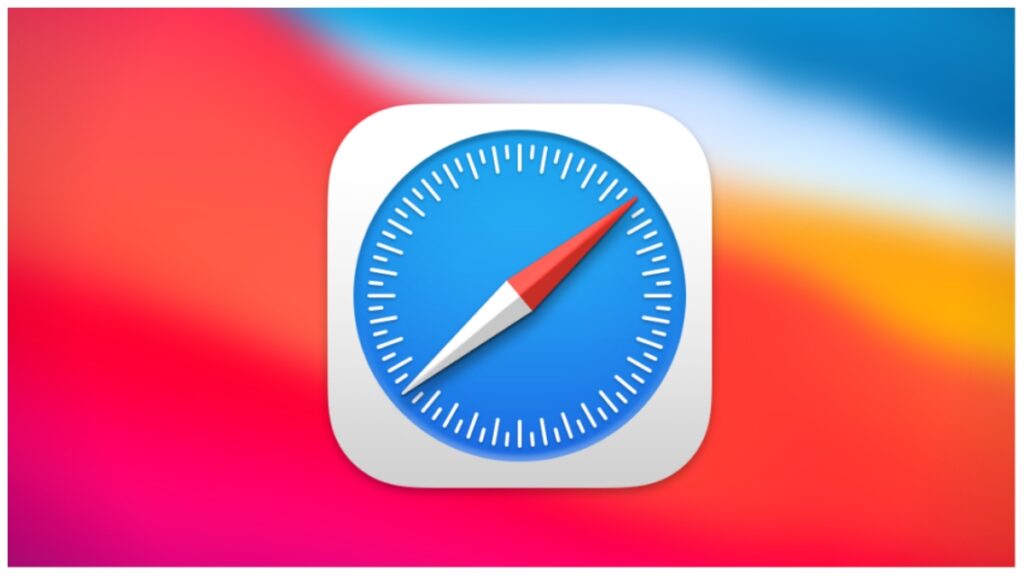Google’s agreement with Apple, which makes Google the default search engine on iPhones in exchange for about $20 billion annually, is central to the Justice Department’s investigation.
This deal, according to the Justice Department, stifles competition in the search engine market. While Apple is not a defendant in the case, Apple executives like Eddy Cue have been called to testify.
To mitigate its dependency on Safari, Google has been trying to persuade iPhone users to switch to the Google or Chrome apps for their searches. Despite some progress, increasing the percentage of searches done through these apps from 25% to the low 30s over five years, the effort stalled last year.
Google’s goal is to have 50% of iPhone searches conducted through its own apps by 2030, a target it has yet to achieve.
Google’s payments to Apple are part of a revenue-sharing agreement, where Apple receives a portion of advertising revenue from Google searches on Safari.
By encouraging users to use Google’s own apps, Google can reduce these payments and decrease regulatory risks.
However, convincing users to abandon Safari has proven difficult.
Sources cited by The Information stated that “it’s simply too hard to overcome the fact that Safari is preinstalled on Apple devices.”
In its bid to shift users away from Safari, Google hired Robby Stein, a former Instagram and Yahoo executive, to lead this effort. One strategy considered by Google executives was to limit its AI Overviews feature to its own apps, excluding Safari users from accessing these advanced search results.
Ultimately, Google decided not to implement this restriction.
The report highlights Google’s ongoing struggle to detach from Safari. The outcome of the US Justice Department’s antitrust case, expected within the next few months, remains a pivotal factor in this ongoing saga.
